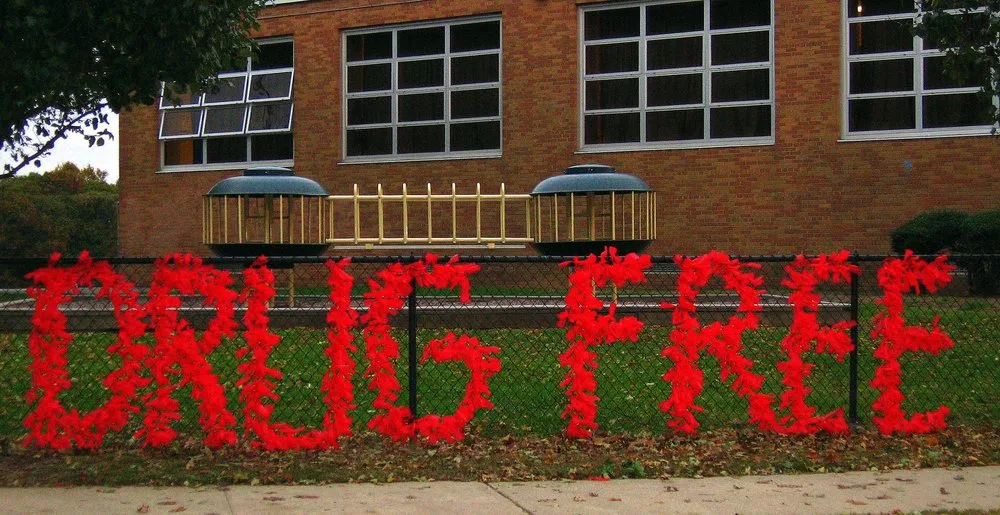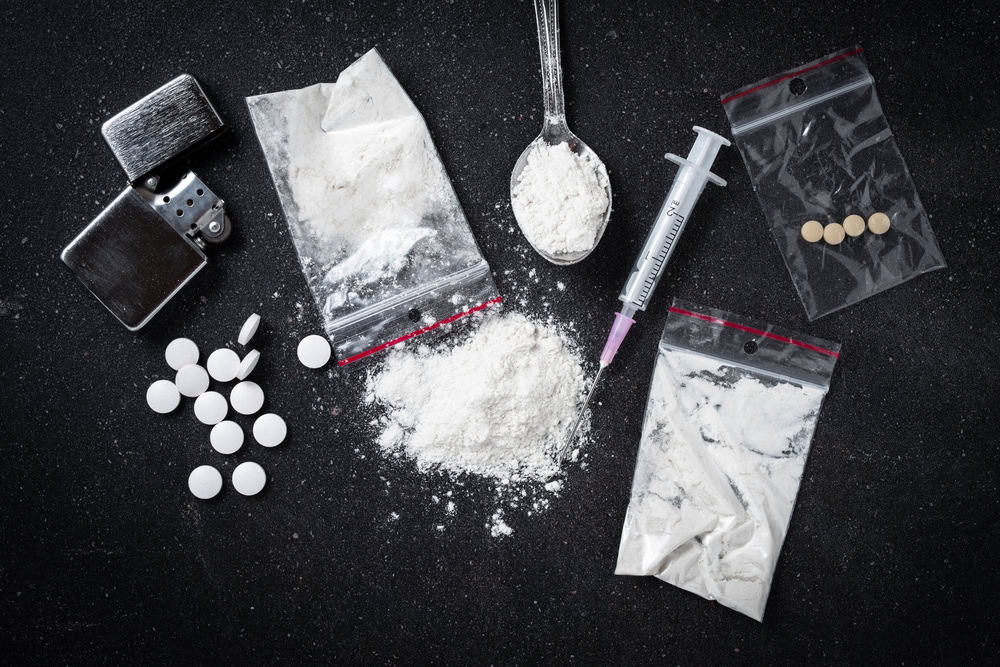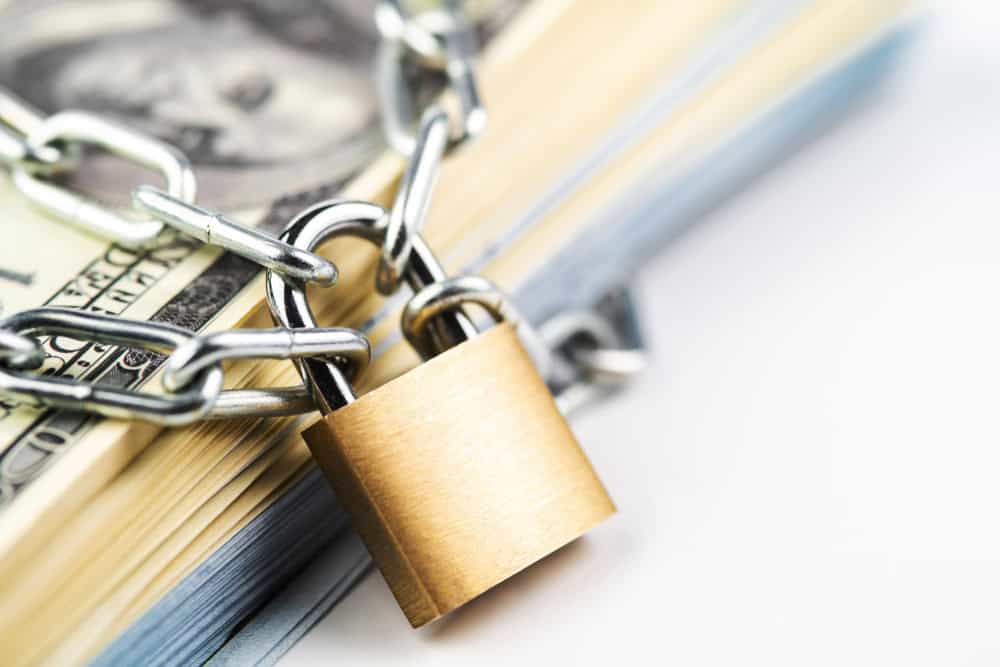The Hidden Link Between Perfectionism and Addiction in High Achievers
High achievers often appear to have it all together. Executives, athletes, and honor students are celebrated for their discipline, drive, and results. But what’s rarely discussed is how the same qualities that lead to success can quietly push them towards a substance use disorder. Perfectionism, burnout, and relentless pressure don’t just impact performance—they can become gateways to addiction.
The Hidden Strain of High Achievement
Many high achievers impose unrealistically high standards on themselves and fear falling short of expectations. The result is a chronic state of stress and emotional distress. Over time, this relentless self-imposed pressure, combined with a fear of failure, constant performance anxiety, and even executive burnout, can push individuals toward maladaptive coping. In private, they may turn to drugs or alcohol as a coping mechanism to numb anxiety or boost performance.
High achievers may also be vulnerable to alcohol and drug addiction due to chronic burnout. Long hours, pressure to maintain status, and fear of failure lead many to ignore their physical and psychological needs. Rest is viewed as a weakness. This mindset, when left unchecked, can spiral into maladaptive coping habits.
Social media reinforces these pressures. Constant exposure to others' success can deepen self-comparison and fuel unrealistic expectations. The need to uphold a perfect image—online and offline—adds to emotional isolation and the temptation to use substances for relief.

Perfectionist Traits That Increase Risk
Why are perfectionists (Type-A individuals) more susceptible to addiction? The answer lies in the psychological traits of perfectionism that can create a fertile ground for substance misuse. Not all perfectionism is harmful; having high standards and striving for excellence can be a positive thing.
However, maladaptive perfectionism is characterized by extreme, unattainable expectations and a harsh, self-critical mindset. This toxic form of perfectionism is strongly linked to mental health struggles and addictive behaviors.
Unrealistic expectations are a hallmark of maladaptive perfectionism. Perfectionists set the bar impossibly high for themselves, convinced that anything less than 100% is failure. They feel they must be perfect at everything they do – an expectation no human can meet. Inevitably, when a perfectionist falls short of these sky-high goals, they experience intense shame, guilt, or anxiety.
Each shortcoming feeds a belief that “I’m not good enough.” Over time, this perpetual sense of failure (despite often objectively high performance) creates significant emotional pain. Studies have found that people with high levels of perfectionistic tendencies are more likely to develop addictions to alcohol, drugs, gambling, or even internet use. The likely reason is that perfectionists, overwhelmed by constant self-imposed pressure, seek relief or escape when their nerves are frayed.
Fear of judgment and failure further intensifies this cycle. Perfectionists link self-worth to performance. Falling short doesn’t feel like a mistake but like personal failure. Emotional regulation becomes harder, and instead of processing disappointment, they seek ways to escape it.
Both perfectionism and addiction are, in a sense, flawed attempts to manage distress – one through rigid control and achievement, the other through chemical escape. It’s no surprise, then, that these two often go hand-in-hand.
High achievers with perfectionist traits often have an internal monologue that is extremely unforgiving. This inner voice might call them “lazy” for resting or “worthless” for a minor slip-up. Over time, such negative self-talk erodes mental resilience and increases emotional distress. In essence, the perfectionist’s brain is frequently attacked by its own thoughts, and substances can become a misguided attempt to turn off the barrage of negativity.

Functional Addiction – A Hidden Struggle of High-Achievers
One reason the link between perfectionism and addiction remains “hidden” is that many high achievers with substance problems are functional addicts. A functional, or high-functioning addict is someone who, despite a dependency on drugs or alcohol, manages to maintain appearances and meet daily responsibilities. They might hold down a demanding job, keep up good grades, or continue winning medals, all while secretly relying on substances. This phenomenon is surprisingly common among high performers and often goes unnoticed by others, sometimes for years.
Their success reinforces the hidden nature of their addiction. Because they haven’t hit the stereotypical “rock bottom” of addiction (such as job loss or obvious impairment), they and those around them might downplay the issue. This lack of obvious consequences can create a dangerous sense of denial.
Functional addicts often rationalize their substance use as a temporary coping mechanism – telling themselves things like, “I’m just drinking to get through this stressful project” or “I need these pills because I work so hard”. Meanwhile, the addiction quietly worsens.
High achievers are skilled at discipline, routine, and maintaining control, and they apply these same skills to hide their addiction. They might stick to strict schedules (e.g., only drinking after 8 pm, never at work) and go to great lengths to conceal their substance use (using alone, or attributing signs of fatigue to “long hours” rather than the previous night’s substances).
High achievers also tend to be in high-pressure environments that normalize stress and sometimes even normalize heavy drinking or stimulant use as “just part of the job”. Because these behaviors are in some ways expected or at least tolerated in these circles, it’s easier for a problem to fly under the radar.
Additionally, many functional addicts prefer legal or socially acceptable substances, such as alcohol, prescription medications, or so-called “smart drugs,” which further blur the line between acceptable use and dangerous dependence. The legality and social acceptance don’t diminish the risk. Still, they do make it easier for a perfectionist to say, “It’s not like I’m using hard drugs, I’m just having wine” – thereby minimizing the issue.
Functional addiction often persists because of fear and pride. A high achiever who has built their identity on being successful and capable may fear the stigma of admitting they have an addiction. Seeking help feels antithetical to the self-reliant, “I can handle anything” persona. High-functioning people with addiction may have trouble recognizing and admitting their substance abuse problem, convincing themselves that, because they still have a job or good grades, it’s under control.

Drugs and Alcohol Addiction Treatment That Works
Breaking the link between perfectionism and addiction takes more than willpower. It calls for a structured, personalized approach that treats the whole person, not just the symptoms.
Dual diagnosis treatment is critical, especially for high-functioning individuals whose substance use disorder often coexists with underlying mental health disorders like anxiety, depression, or obsessive thinking. At More Than Rehab, we specialize in addressing both conditions at once.
Evidence-based therapies such as Cognitive Behavioral Therapy (CBT), Acceptance and Commitment Therapy (ACT), and Dialectical Behavior Therapy (DBT) help reframe rigid thinking patterns, manage distress, and build healthier responses to pressure. These techniques teach high achievers to challenge unrealistic expectations and develop coping strategies that support—not sabotage—their goals.
Self-compassion is another essential part of recovery. Learning to silence the inner critic and respond with kindness builds resilience. Studies show self-compassion not only reduces psychological distress but also lowers relapse risk. At More Than Rehab, we integrate these practices into personalized care plans that empower lasting change.
Holistic recovery also means making room for rest, nutrition, movement, and emotional connection. Many high achievers have ignored these basics in pursuit of success. Rebalancing the mind and body is key to long-term healing.
Take the First Step
Recognizing the signs of addiction is powerful. If you’re using substances to cope, it doesn’t mean you’re weak—it means you’ve been carrying too much, alone, for too long. Let go of the idea that asking for help is failure, but it’s not. It’s the moment you take your strength back.
At More Than Rehab, we understand the high-achiever mindset, and we know how to help. Our dual diagnosis programs and holistic therapies are designed to meet you where you are and guide you toward a healthier, more sustainable version of success. You don’t have to suffer in silence. You don’t have to choose between ambition and well-being. You can have both.
Reach out to More Than Rehab today because you deserve more than success. You deserve peace.



















